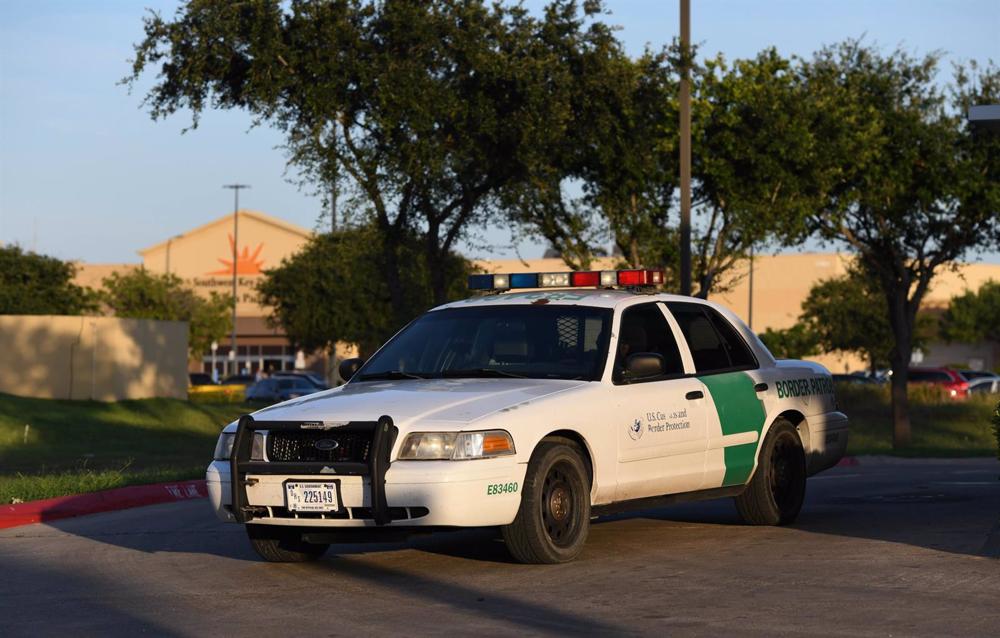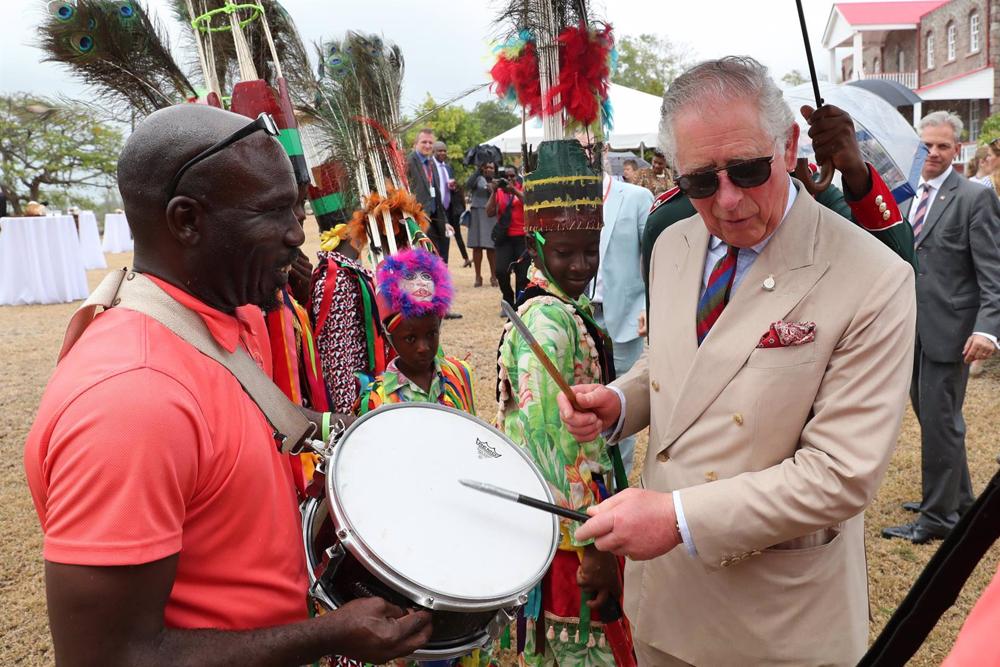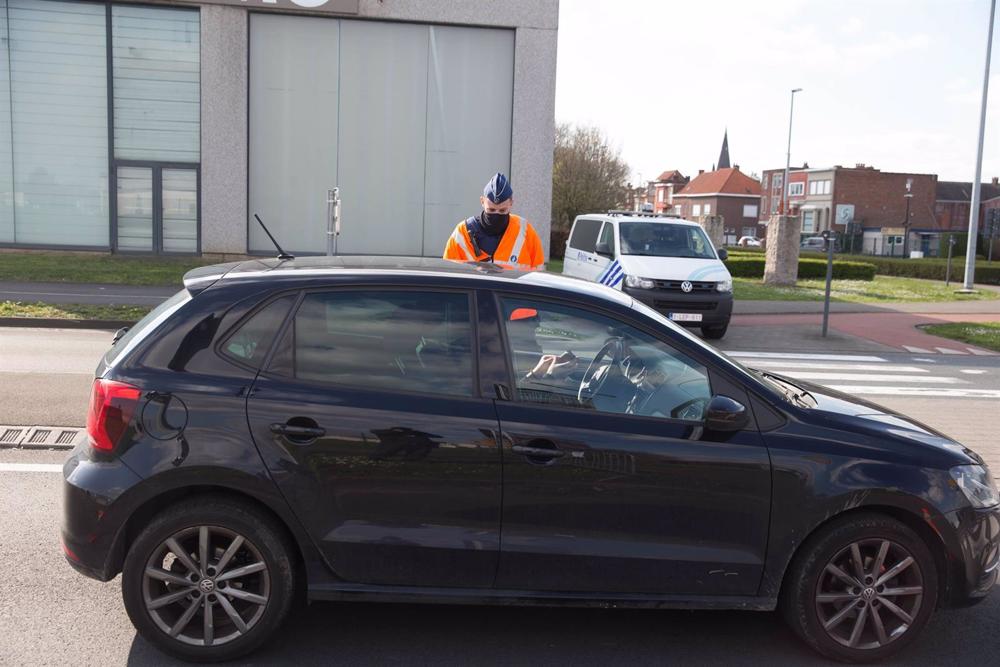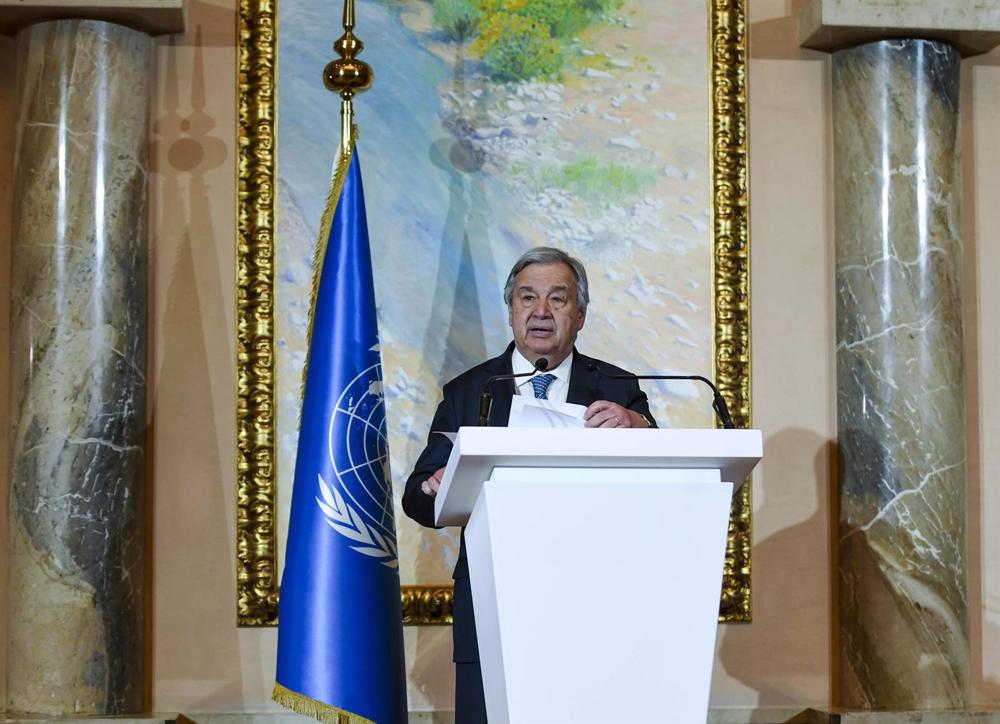
Lebanon’s interim Prime Minister Nayib Mikati on Tuesday lamented that the country is celebrating the 79th anniversary of its independence «in a presidential vacuum» in the face of Parliament’s inability to appoint the country’s new president following the end of Michel Aoun’s term on October 31.
Mikati stressed that at this time there are «legitimate concerns about the present and the future» of Lebanon, but stressed that «unity is capable of bringing the country out of its suffering with the help of brothers and friends in the world».
He called on parliamentarians to «cooperate to elect a new president», while stressing that he will continue to carry out «the national and constitutional actions» expected of him, according to the Lebanese news portal Naharnet.
Parliament failed on Thursday for the sixth time in its efforts to elect Aoun’s replacement, amid inter-party disputes over candidates and in the absence of a clear majority within the legislative body.
On the other hand, the president of the Central Bank of Lebanon, Riad Salamé, has announced that the official exchange rate against the dollar will be increased to 15,000 pounds as of February 1, 2023, amid the very serious economic crisis that the country has been going through for years.
At present, the authorities allow customers to withdraw their savings at an exchange rate of 8,000 pounds to the dollar, with a maximum of 400 dollars or its equivalent in pounds on each occasion, which has led to numerous protests and even to armed people entering banks to demand to be able to obtain their savings.
«We have entered a phase of unifying exchange rates,» said Salamé, who has been in office since 1993, for which he has been harshly criticized by politicians and protesters because of the country’s economic situation.
«The circulars (setting the current rules) will remain in place unless a capital control law is passed. Then we will cancel the circulars and we will be governed by the capital control law,» he explained in an interview with Al Hurra TV.
Lebanon has been mired for several years in a deep and protracted political, economic and social crisis that has resulted in more than 70 percent of the population living below the poverty line and a banking system paralyzed since October 2019.






